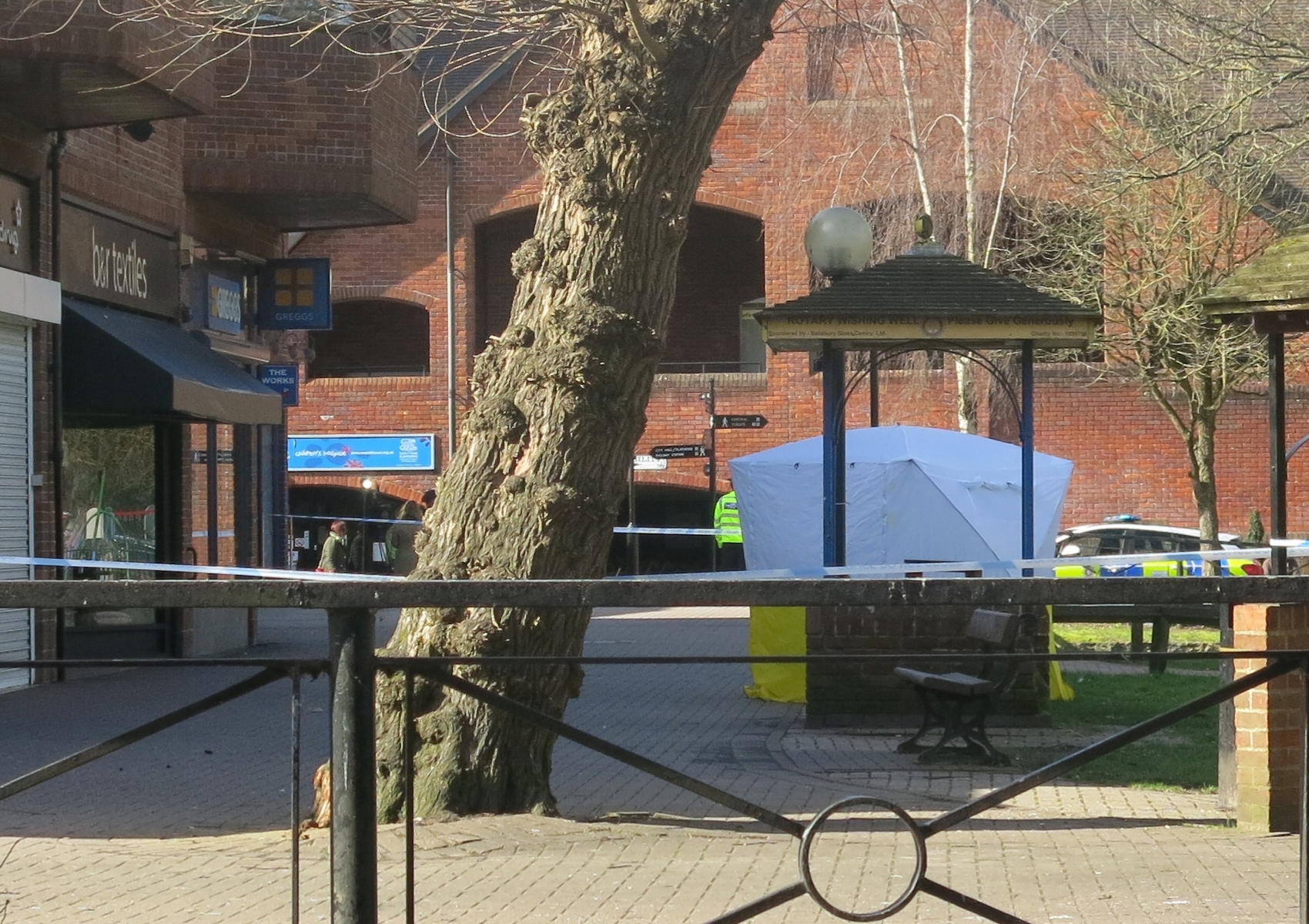A forensics tent covers the bench where Sergei and Yulia Skripal fell unconscious. Photo: Peter Curbishley / CC BY 2.5 DEED.
Sergei Skripal is a former Russian military intelligence officer who acted as a double agent for the United Kingdom’s intelligence services during the 1990s and early 2000s. He was born in Kaliningrad, Russia, in 1951 and served in the Soviet Airborne Forces during the Soviet–Afghan War. He was recruited by British intelligence in 1995 while working as a military attaché in Madrid, Spain. He passed the identities of Russian secret agents in Europe to MI6 and received payments of more than $100,000 USD. He was arrested by the Russian Federal Security Service (FSB) in 2004 and convicted of high treason in 2006. He was sentenced to 13 years in prison but was pardoned and released in 2010 as part of a spy swap with the United States. He settled in Salisbury, England, where he obtained British citizenship.
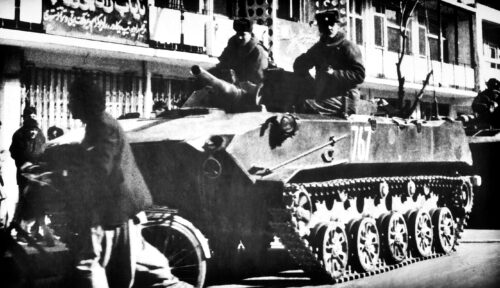
On 4 March 2018, Skripal and his daughter Yulia, who was visiting him from Moscow, were poisoned with a Novichok nerve agent at the front door of his home in Salisbury. The suspects allegedly applied the nerve agent to the door handle using a perfume bottle that they later discarded. Novichok nerve agent is a type of chemical weapon developed by Russia. Novichok is a Russian word meaning “newcomer” or “novice” and refers to a group of nerve agents that are more potent than VX or soman. They can be made from common chemicals and are hard to detect. Some of them are binary weapons, meaning they are composed of two less toxic substances that produce the nerve agent when mixed together.

Novichok agents disrupt the transmission of nerve signals in the body, causing convulsions, paralysis, respiratory failure and death. They were developed by the Soviet Union and Russia between 1971 and 1993 under a secret program called FOLIANT, which was the codename for a project aimed at creating new types of chemical weapons that would be undetectable by NATO standards and would circumvent the Chemical Weapons Convention (CWC). The CWC is an arms control treaty that bans the development, production, stockpiling, transfer and use of chemical weapons and their precursors. It also requires the destruction of existing chemical weapons and their production facilities under international verification.
The FOLIANT program was led by Pyotr Kirpichev, a chemist from the State Scientific Research Institute of Organic Chemistry and Technology (GosNIIOKhT). The project involved several research institutes and military units across the Soviet Union and Russia. The name FOLIANT comes from the Latin word folium, meaning “leaf”, which was used as a cover for the project’s activities.
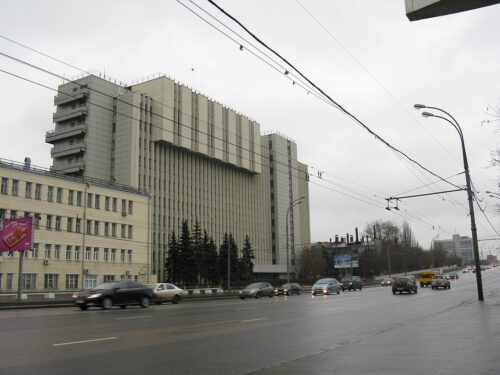
Skripal and his daughter were found unconscious on a park bench near a shopping center in Salisbury and were taken to hospital in a critical condition. A police officer who attended the scene, Nick Bailey, was also exposed to the nerve agent and became seriously ill. The British government accused Russia of attempted murder and announced a series of punitive measures against Russia, including the expulsion of diplomats. The UK’s official assessment of the incident was supported by 28 other countries which responded similarly. Altogether, an unprecedented 153 Russian diplomats were expelled by the end of March 2018. Russia denied the accusations, expelled foreign diplomats in retaliation for the expulsion of its own diplomats, and accused the UK of fabricating evidence. Russia blamed the UK for the poisoning. In response to the poisoning, the United States imposed sanctions on Russia under the Chemical and Biological Weapons Control and Warfare Elimination Act of 1991
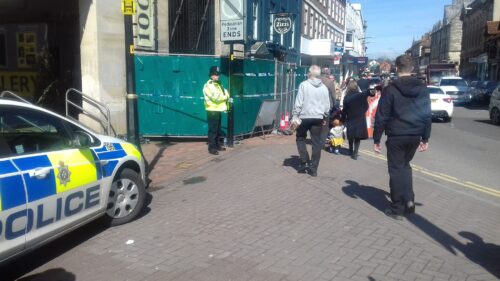
The poisoning sparked an international diplomatic crisis and a major criminal investigation by British authorities. In September 2018, two Russian nationals, using the aliases Alexander Petrov and Ruslan Boshirov, were identified as the prime suspects of the attack. They were alleged to be active officers of the GRU, Russia’s military intelligence agency.
The GRU is an acronym for the Main Intelligence Directorate (Russian: Главное разведывательное управление), which is part of the General Staff of the Armed Forces of the Russian Federation. It is responsible for conducting covert operations abroad, collecting military intelligence, conducting special forces missions, and engaging in cyber warfare. It is one of Russia’s largest and most secretive intelligence agencies, with an estimated staff of over 20,000 people.
Petrov and Boshirov traveled to Salisbury twice before the poisoning and were seen on CCTV near Skripal’s house and the shopping center on the day of the incident and in other locations in the area. They also brought a perfume bottle containing the nerve agent from Russia and discarded it in a bin after using it. The bottle was later found by another couple, Charlie Rowley and Dawn Sturgess, in Amesbury, a town near Salisbury. Sturgess sprayed the substance on her wrist, thinking it was perfume, and died eight days later. Rowley survived after being hospitalized.
The suspects denied any involvement in the poisoning and claimed they were tourists who visited Salisbury to see its cathedral. However, their story was contradicted by evidence from British authorities and investigative journalists. They were later identified by their real names as Anatoliy Chepiga and Alexander Mishkin, both highly decorated GRU officers. A third suspect, Denis Sergeev, also a GRU officer, was revealed to have been in London at the time of the poisoning and to have communicated with his superiors in Moscow.
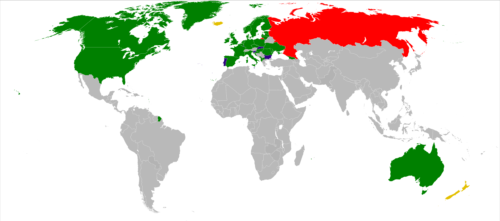
Skripal and his daughter survived the poisoning after spending several weeks in hospital. They were discharged in May 2018 and have been living under protection at an undisclosed location since then. Their current condition and whereabouts are unknown to the public.
*The views and opinions expressed on this website are solely those of the original authors and contributors. These views and opinions do not necessarily represent those of Spotter Up Magazine, the administrative staff, and/or any/all contributors to this site.

